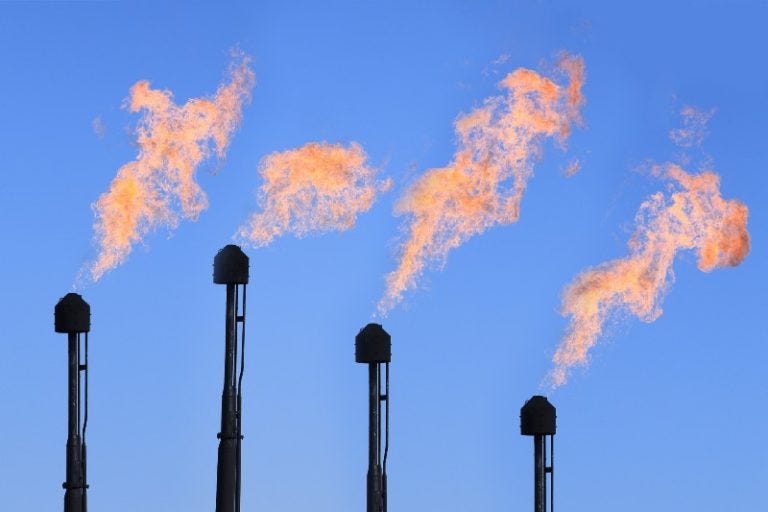Closing the Data Gap for Effective Methane Reduction
Achieving ambitious global methane reduction goals demands robust emissions data. While over 150 countries have pledged cuts, reliable data to track progress is lacking.
The fossil fuel sector, a significant methane source, needs rapid reductions. The International Energy Agency estimates a 75% cut by 2030 for the industry to meet net zero by 2050.
Policy approaches vary by region. The US, a major LNG exporter, implements direct regulation and fees. Conversely, the EU, a major importer, focuses on supplier accountability. New EU legislation mandates data gathering from gas suppliers on methane emissions and leak mitigation efforts.
Data transparency is essential. Currently, few countries have comprehensive data on methane intensity across their gas supply chains. The EU hopes the OGMP 2.0 framework, a UN-led program for oil and gas companies, will improve data reporting and, ultimately, emission reductions.
Improved methane data is critical for effective policy and tracking progress towards global reduction goals.



